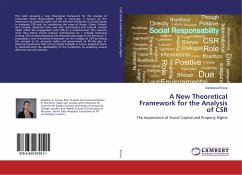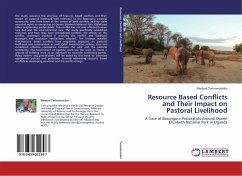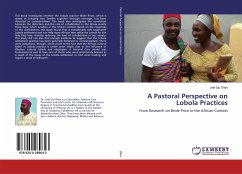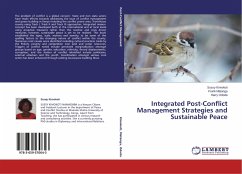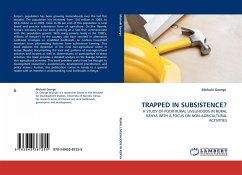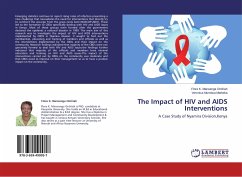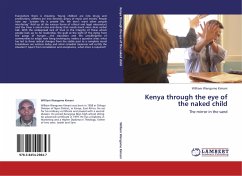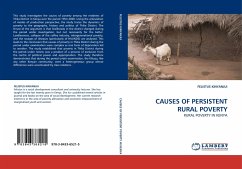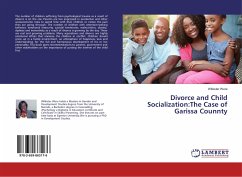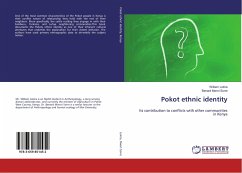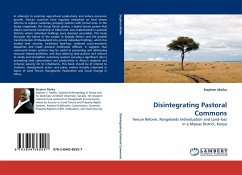
Disintegrating Pastoral Commons
Tenure Reform, Rangelands Individuation and Land-loss in a Maasai District, Kenya
Versandkostenfrei!
Versandfertig in 6-10 Tagen
39,99 €
inkl. MwSt.

PAYBACK Punkte
20 °P sammeln!
In attempts to promote agricultural productivity and induce economic growth, African countries have regularly embarked on land tenure reforms to replace customary property systems with formal ones. In the Kenya rangelands, the Group Ranch system, a hybrid tenure system that allows communal ownership of titled land, was implemented in pastoral districts where individual holdings were deemed unsuitable. This book discusses the failure of the system in Kajiado District and the parallel transformation of Maasailand into private individual holdings, which has eroded land security, facilitated land-...
In attempts to promote agricultural productivity and induce economic growth, African countries have regularly embarked on land tenure reforms to replace customary property systems with formal ones. In the Kenya rangelands, the Group Ranch system, a hybrid tenure system that allows communal ownership of titled land, was implemented in pastoral districts where individual holdings were deemed unsuitable. This book discusses the failure of the system in Kajiado District and the parallel transformation of Maasailand into private individual holdings, which has eroded land security, facilitated land-loss, widened socio-economic disparities and made pastoral livelihoods difficult. It suggests that communal tenure systems may be useful in preventing and addressing resource related problems, and that tailoring land policies and reforms to clarify and strengthen customary systems can play a significant role in promoting land conservation and productivity in Africa's drylands and enhance security for its inhabitants. This book should be of interest to students, development actors and policy makers broadly interested in topics of Land Tenure, Rangelands, Pastoralism and Social Change in Africa.



